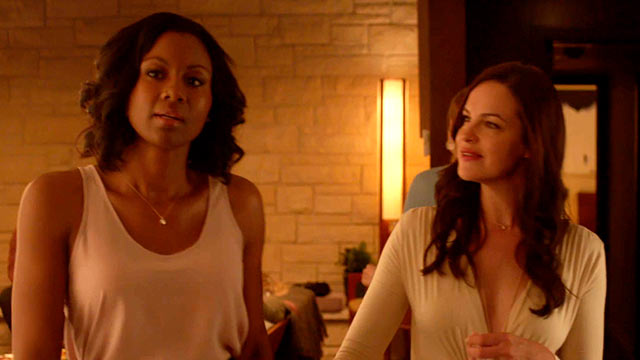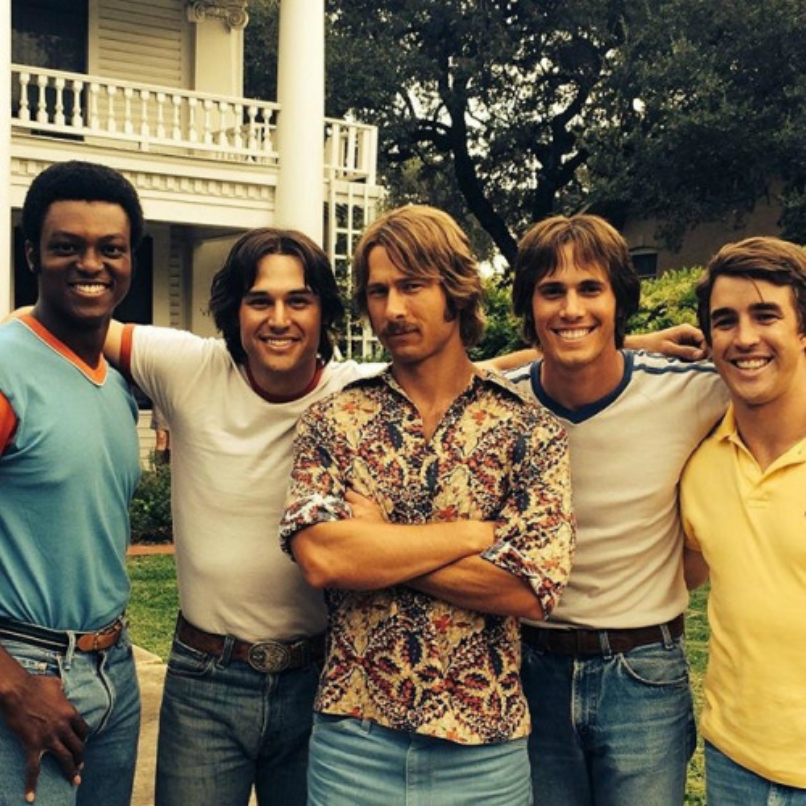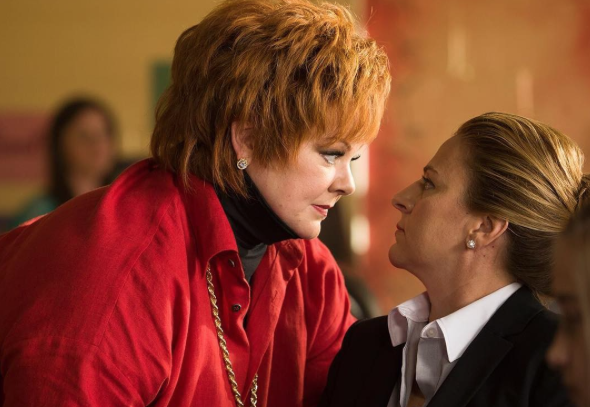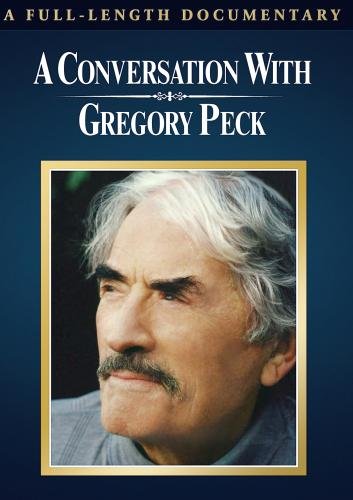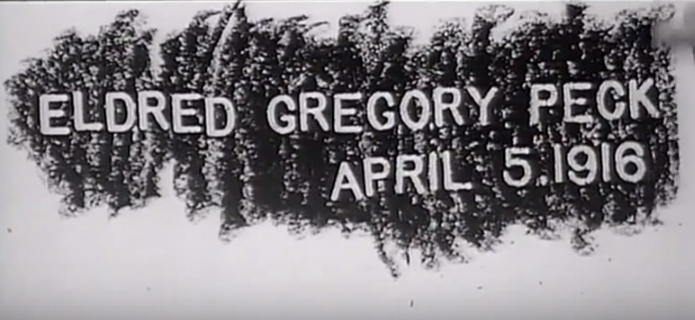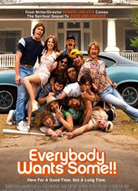Review: The Invitation
 Friday, April 15, 2016 at 1:20PM
Friday, April 15, 2016 at 1:20PM 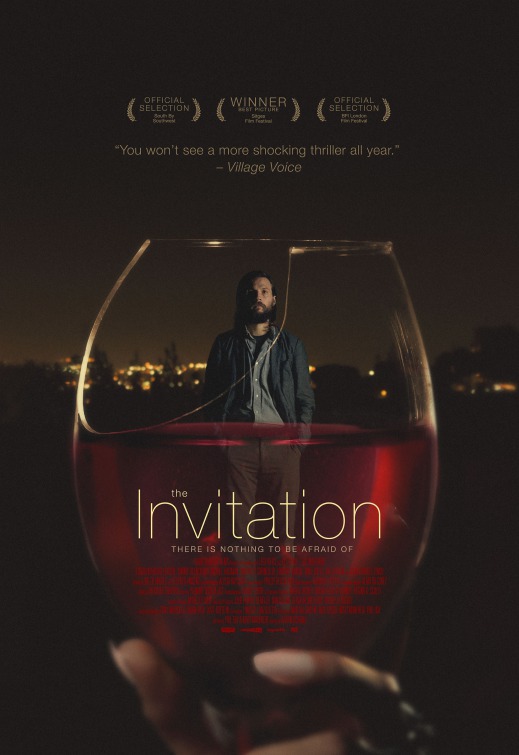 A dinner party reunion of estranged friends sets the stage for director Karyn Kusama's unnerving and twisted micro-horror The Invitation. The film's marketing has wisely eschewed going much further than that vague synopsis, for this one is most rewarding when experienced fresh. But don't just expect surprises with what unfolds, but from what's underneath the plentiful chills.
A dinner party reunion of estranged friends sets the stage for director Karyn Kusama's unnerving and twisted micro-horror The Invitation. The film's marketing has wisely eschewed going much further than that vague synopsis, for this one is most rewarding when experienced fresh. But don't just expect surprises with what unfolds, but from what's underneath the plentiful chills.
Shot almost entirely within one swanky Los Angeles home, the modest production is deceptive for how easily it gets under your skin and rattles. Its slim budget is hidden by a glossy presentation and a production design that finds the right alchemy of alluring and demonic (paging Daniel Walber!). Kusama treats this house as she does the many characters, all hidden corners of darkness packaged within a polished facade. If you watch The Invitation on VOD, prepare to have home jealousy, for this is pure house porn. And you'll definitely want a glass of wine.
